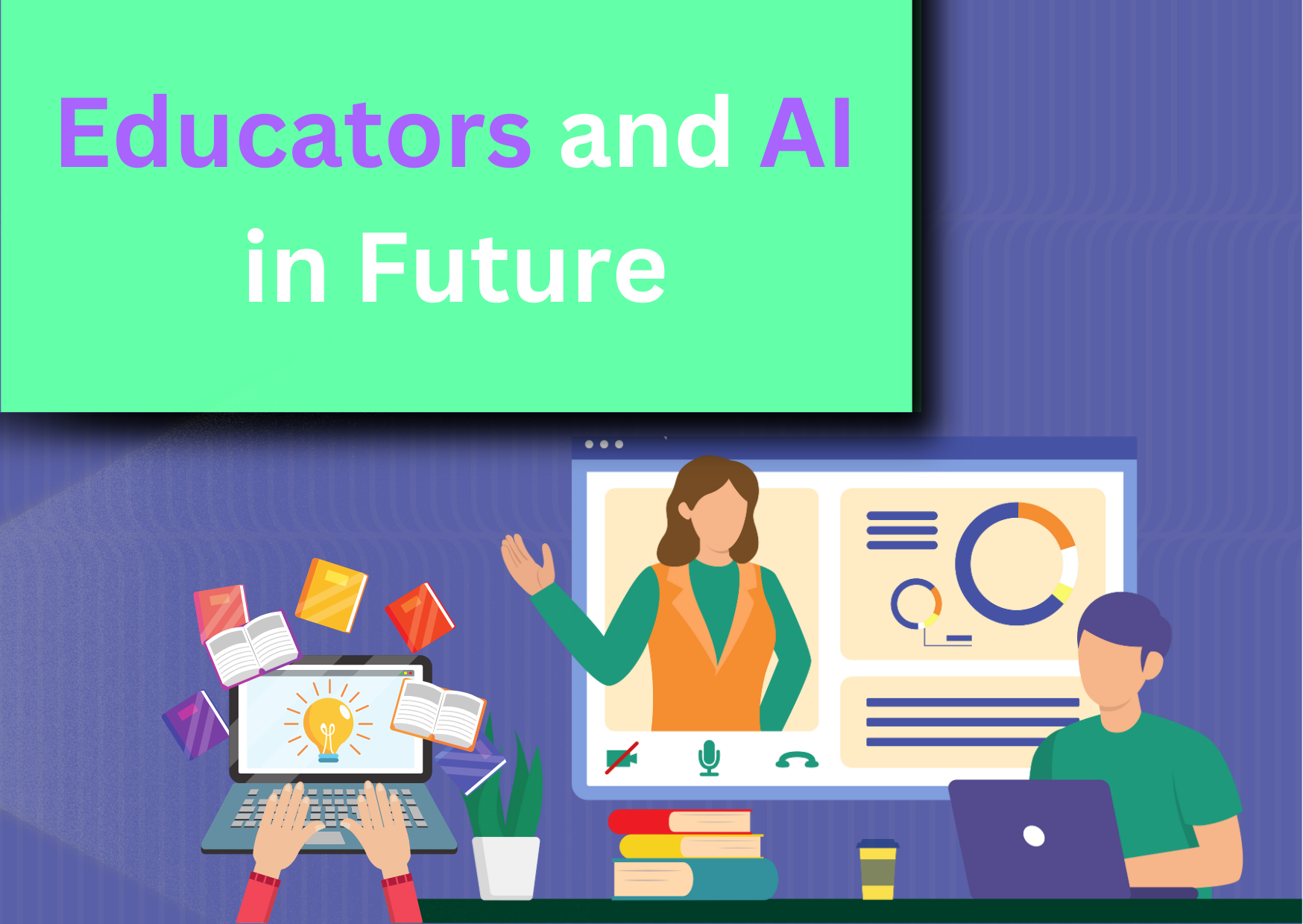How will AI impact educator’s work?
Over the next few years, educators will continue to explore and use a variety of AI technologies to enhance their teaching methods. Educators at all levels will utilize easily accessible AI tools like ChatGPT and Gemini to create and improve lesson plans, grading rubrics, and visual content, and to seek feedback on written work. Furthermore, educators will discover AI tools tailored to their specific subjects, enabling more interactive and effective teaching. For example, mathematics teachers may find AI resources that facilitate learning geometry, while biology teachers could generate various visuals to explain the digestive system. However, it is important to note that some current generative AI technologies have a tendency to produce convincing yet inaccurate information, a phenomenon known as "hallucination." As educators become more familiar with the strengths and limitations of AI tools, they will make informed decisions about when to utilize these tools.
Looking further ahead, AI will be integrated more systematically into education. In schools, routine tasks such as classroom cleaning, pencil sharpening, organizing materials, distributing resources, and managing daily schedules will be streamlined with the assistance of robots and AI software. This will allow teachers more time for mentoring, motivating students, creating personalized content, and providing individualized instruction (Main, 2023b).
At universities and colleges, educators will recognize that certain tasks, like summarizing assignments, may not challenge students enough. As a result, there will be a shift towards focusing on real-world problems, embracing models where students are active producers of knowledge (Mintz, 2014). Echoing the sentiment, Professor David Nicol from the University of Glasgow suggests that educators will concentrate on student processes, refine their assessment criteria, and up the game for students (Nicol et al., 2013).
Image credits: Subodh Dahal (not AI)

Comments
Post a Comment